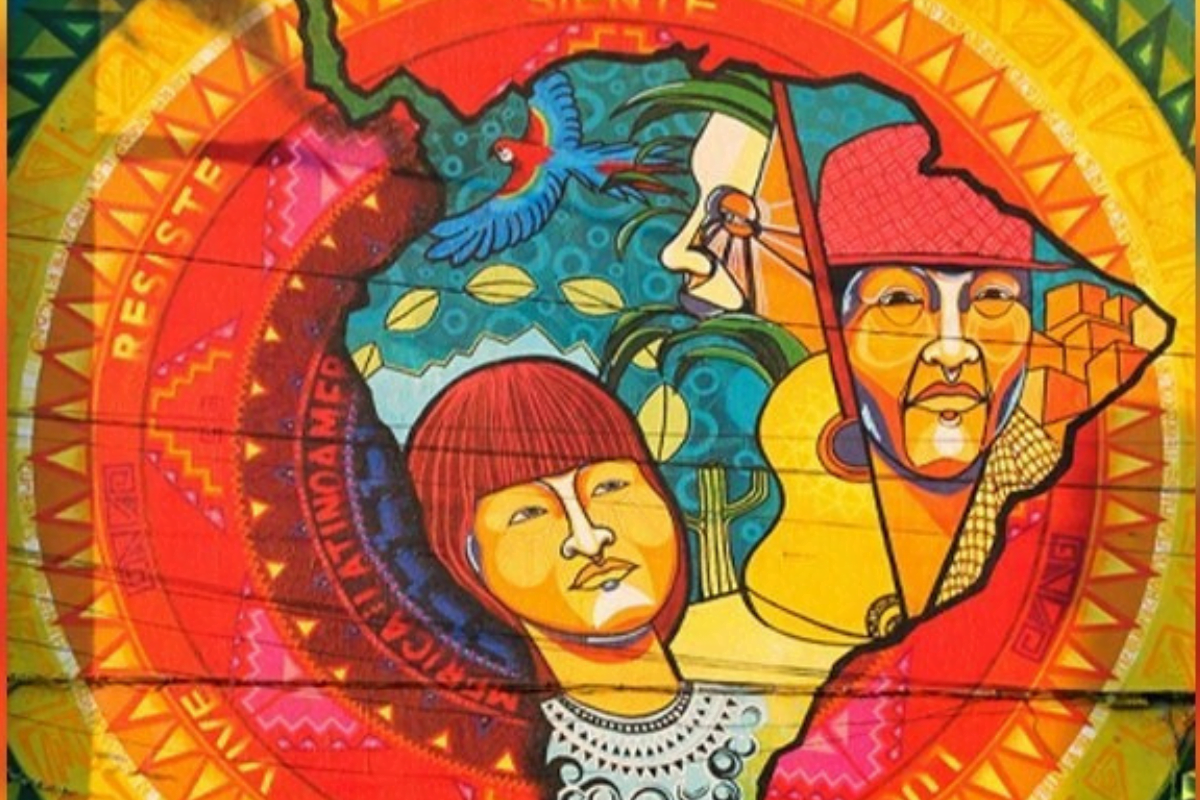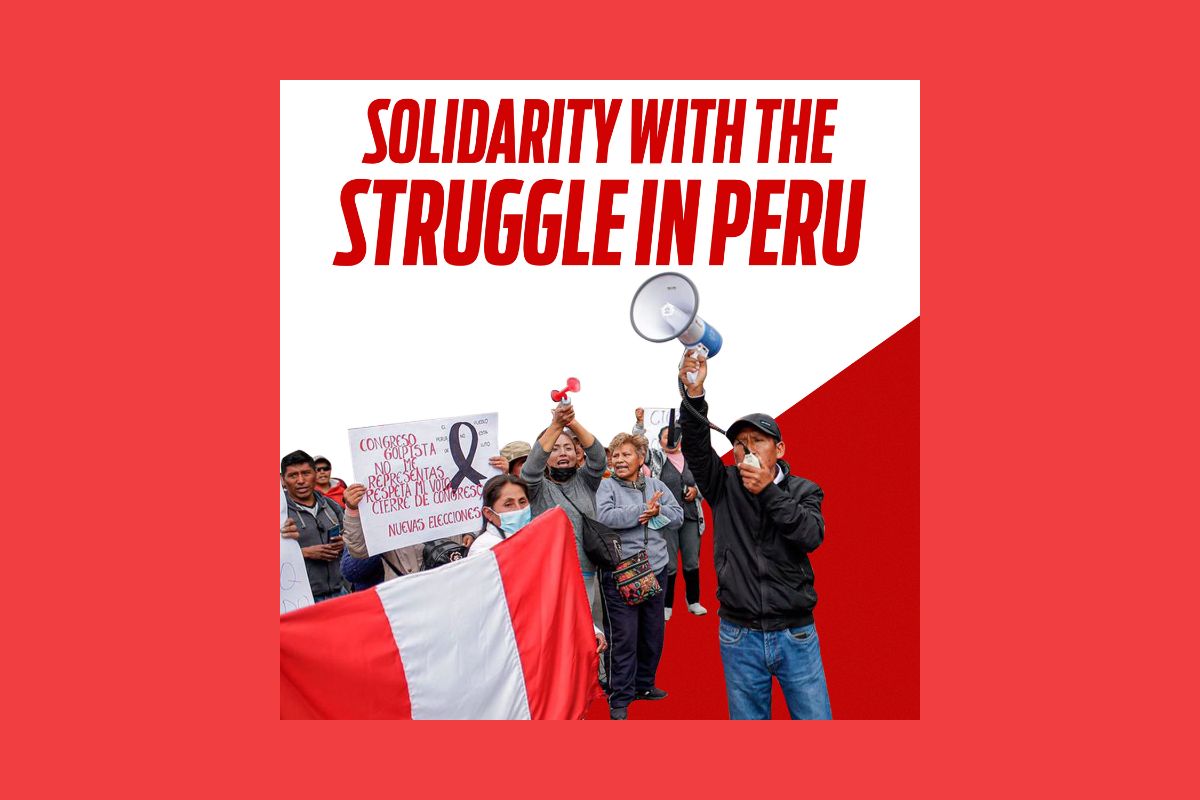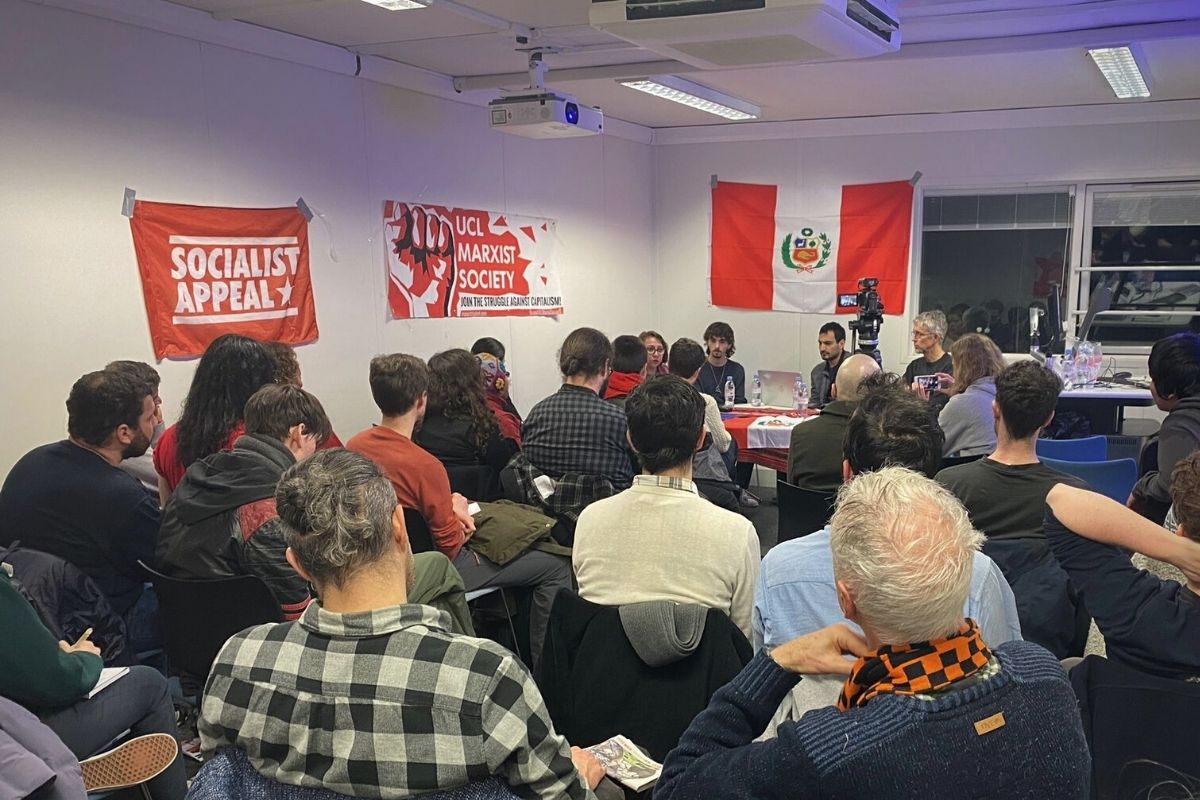In a television programme broadcasted to
the whole of the country on July 31st, President Chávez announced the nationalisation
of Banco de Venezuela, the Venezuelan bank owned by the Spanish banking
multinational Grupo Santander. "We are going to nationalize Banco de Venezuela.
I make an appeal to Grupo Santander to come here so that we can start to
negotiate".
He added: "Months ago I received the
information through intelligence sources that Banco de Venezuela, which had
been privatized for years, was being sold by its Spanish owners; that an
agreement had been signed between Grupo Santander and a Venezuelan private
banker, then the Venezuelan banker needed the permission of the government to
buy a bank, this is not a small operation (…) and then I sent a message to the
Spanish and the Venezuelan banker, to tell them that the government wanted to
buy the bank, we want to recover it. Then the owners said ‘no, we don’t want to
sell it’. So now I say ‘no, I will buy it, how much is it? We are going to pay
for it, and we are going to nationalize Banco de Venezuela’." The President
continued: "From this moment the media campaign on the part of the Spanish and
international media is going to start. They are going to say that Chávez is an
autocrat, that Chávez is a tyrant, I don’t care, we are going to nationalize
the bank regardless". "Ladran, luego cabalgamos" (the dogs bark, therefore the
caravan is moving), he said, quoting from el Quijote.
"There is something obscure here because
its owners first were desperate to sell and now they are saying they do not
want to sell it to the Venezuelan state. We are going to nationalize it so that
it is put at the service of the Venezuelan people." He added that the bank
controls millions of Bolivars which belong to "the Venezuelan people and also
the Venezuelan government".
"We need a bank of that size. Because this
is the Banco de Venezuela, but this bank generates massive profits but these
profits are going abroad."
Chávez also assured that the savings of the
account holders were going to be guaranteed as well as the jobs of the workers,
whose conditions would improve "as has happened with the nationalisation of
SIDOR".
Chávez thanked the private managers of the
bank for having turned it into a very efficient institution, but added that the
bank would cease to be a capitalist bank to turn into a socialist one: "Profits
will not go to one private group, they will be invested in socialist social
development. Socialism is stronger every day that passes!"
Super
profits
Banco de Venezuela is one of the most
important banks in Venezuela,
with a 12 percent share of the market in loans and obtained profits of US$170
million in the first half of 2008, a 29 percent increase on 2007, when its profits
had already increased by 20 percent. It has 285 offices and three million
customers.
Banco de Venezuela was nationalized in 1994
after a massive banking crisis which bankrupted 60 percent of the banking
sector, only to be privatized in 1996 and bought by the Spanish multinational
banking group Grupo Santander for only 300 million US dollars. In only nine
months Grupo Santander recovered its original investment. The bank’s assets are
now estimated at 891 million dollars. In 2007 alone it made $325.3 million in
profits, which is more than what they paid for the bank in the first place.
This is not the only example of scandalous
profiteering by Spanish bankers in Venezuela. Banco Provincial was
also bailed out by the Venezuelan state in 1994 and then sold in 1996 to
Spanish multinational group BBVA. As a result, the Venezuelan banking sector is
dominated by four groups: two Spanish multinationals, BBVA and Santander, and
two Venezuelan banks, Mercantil and Banesco. The Spanish Grupo Santander
is now Latin America’s largest banking concern
with 4,500 branches and it drew one third of its profits in 2007 from the
region. This is just one example of how big foreign multinationals are
plundering the resources of the continent.
The attempt of the Venezuelan government to
regain control over the resources of the country is entirely justified. Yet it
has been met by howls of protests from the multinationals. "It’s looking
like a negative development, I don’t see why the banking sector needs to be
under the purview of the public sector," said Alberto Ramos, a senior
economist with Goldman Sachs. "The private sector does a much more
efficient job of running that type of business."
Lying
hypocrisy
This is an excellent example of the lying
hypocrisy of the defenders of big business. How can these gentlemen speak of
the so-called efficiency of the private bankers when everybody knows that the
big banks in the USA and other countries have been engaged in massive and
criminal speculation for decades, which has led to the collapse of one big bank
after another in the last 12 months, threatening the entire world financial
system with collapse?
Not long ago, the Federal Reserve Bank of New York was forced to hand over US$29 billion to The Bear
Stearns Companies Inc., a major investment bank in the USA, to
facilitate its purchase by another big bank, JPMorgan Chase & Co. This is a
perfect example of the "efficiency" of the private bankers, who have made
fabulous profits from criminal speculation for years in the US housing market, and now run cap
in hand to the state to bail them out with billions of dollars of tax payers’
money. Instead of going to jail for their crimes, which caused 77,000 American
families to be evicted from their homes in the month of May alone, these
wealthy parasites are richly rewarded by their friends in the White House and
Wall Street.
When President Chávez announces the nationalisation of a
bank, he is accused of committing a crime against private property. But bourgeois
governments in the USA and Europe have been nationalizing banks themselves. The Federal
Reserve, having already poured money into the pockets of the bankers in the
Bear Stearns affair have now in effect nationalized the two huge mortgage
giants Fannie Mae and Freddie Mac at a cost to US taxpayers of a further US$25
billion. George Bush and his administration have no money for health or
pensions, but plenty of money to put in the pockets of their rich friends. In
the words of the celebrated American writer, Gore Vidal, it is a case of
"socialism for the rich and free enterprise for the poor".
What does this
case tell us about the "efficiency" of the private bankers of the USA? Fannie
Mae and Freddie Mac, which account for at least 50 percent of all mortgages in
the USA,
have issued $5 trillion in debt and mortgage backed securities. Of that amount
more than $3 trillion is held by US financial institutions and more than $1.5
trillion is held by foreign institutions. Their involvement in massive
swindling and speculation posed a serious threat to the stability of the global
economy. That is why the US
authorities were forced in effect to nationalize them. Yet nobody raises any
questions about this.
We saw exactly the
same thing last year in Britain,
where the fifth biggest bank, Northern Rock, was
nationalized by the government to stop it from collapsing. These private
bankers were so efficient that they caused the first run on a bank in Britain
for over 150 years, with long queues of worried savers waiting all night to
withdraw their money. The nationalisation of Northern Rock cost the British
taxpayer £20bn (US$40bn). At the same time, Prime Minister Gordon Brown tells
the British workers that there is no money for wage increases and everyone must
make sacrifices – everyone except the private bankers!
Appetite
comes with eating
The workers of Venezuela and the whole world will
welcome the nationalisation of the Banco de Venezuela. They will understand
that the attacks and calumnies against Hugo Chávez are dictated by hypocrisy,
greed and hatred of the Venezuelan revolution. The Spanish bankers, who have
been shamelessly plundering Venezuela,
were quite prepared to sell the Banco de Venezuela to a private Venezuelan
banker, that is, a companion in crime, but they were not prepared to allow the
bank to be taken over by the state and used to further the interests of the
Venezuelan people.
For Marxists, the question of compensation
in itself is not a question of principle. Long ago, Marx advocated paying compensation
to the British capitalists as a means of minimising their resistance to
nationalisation and Trotsky raised a similar possibility in relation to the USA. However,
the idea of the reformists that the capitalists’ property must be bought at
market values is entirely false and impossible in practice. Our policy should
be minimum compensation in cases of proven need only. In other words, we would
consider compensation for middle class small shareholders, old age pensioners,
etc., but not lavish sums for the super-rich who have already made vast
fortunes out of the plunder of countries like Venezuela. The Grupo Santander
bought the Banco de Venezuela at the ridiculously cheap price of 300 million US
dollars. This sum of money has been paid for many times over. There is no
justification for paying them a single Bolivar more.
However, the real issue here is not the
amount of compensation. It is the fact that a big bank is being taken out of
private hands. What the capitalists and imperialists really fear is that the
tendency of the Venezuelan revolution to make inroads into private property
will become irresistible. The crisis of capitalism means that an increasing
number of banks and other private enterprises will enter into crisis and close
in the next months, causing a sharp rise in unemployment. Already, private
investment in Venezuela
has plunged. The Venezuelan economy is only being maintained by state
investment and the public sector. This poses a serious threat to the revolution
and can adversely affect the results of the November elections, especially if
one takes into account the high and rising rate of inflation.
The argument of the reformists and
Stalinists that the revolution must form a "strategic alliance with the
national bourgeoisie" is dangerous stupidity. Everybody knows that the
bourgeoisie is the enemy of the revolution and socialism. It is not possible to
form a "strategic alliance" with the progressive national bourgeoisie which
does not exist. The reformists and Stalinists would like to create a national
bourgeoisie with state money. What logic is there in this absurd proposal,
which they put forward as so-called realism? Instead of throwing money at
private capitalists who will immediately send it out of the country to bank
accounts in Miami,
the state should take the productive forces into its hands and use its
resources to create a genuine socialist planned economy. The prior condition
for this is that the productive forces should be in the hands of the state, and
the state should be in the hands of the working people.
Despite all the exhortations, the private
capitalists will not invest in Venezuela.
The only way forward is nationalisation. The expropriation of SIDOR earlier
this year was the result of the movement of the workers from below. The threat
of factory closures in the next few months will undoubtedly lead to a new wave
of factory occupations and demands for nationalisation. The nationalisation of
the Banco de Venezuela will give a further impetus to the workers’ demand for expropriation
and workers control. Appetite comes with eating!! That is why the owners of the
Banco de Santander wished at all costs to avoid their property passing into the
hands of the state, even though the President offered to pay for it.
In the television programme in which President
Chávez announced the nationalisation of the Banco de Venezuela he mentioned
Marx and Lenin and referred to the importance of reducing the working week, as
well as analyzing the world crisis of capitalism. He said that only with
socialism can societies achieve their emancipation. That is absolutely true.
But socialism is only possible when the working class takes power into its
hands, expropriates the bankers, landlords and capitalists and begins to run
society on socialist lines.
The Venezuelan revolution has begun to take
measures against private property. Marxists welcome every step in the direction
of nationalisation. At the same time, we point out that partial
nationalisations are not sufficient to solve the fundamental problems of the
Venezuelan economy. The nationalisation of the entire banking and financial
sector is a necessary condition for establishing a socialist planned economy,
along with the nationalisation of the land and all big private firms, under
workers’ control and management. This would enable us to mobilise the entire
productive resources of Venezuela
to solve the most pressing problems of the people.
We therefore welcome the nationalisation of
the Banco de Venezuela as a step forward. But the main objective has not been
yet attained: the elimination of the economic power of the oligarchy and the
establishment of a real socialist workers’ state. The battle continues.
Barcelona, 1st August 2008






